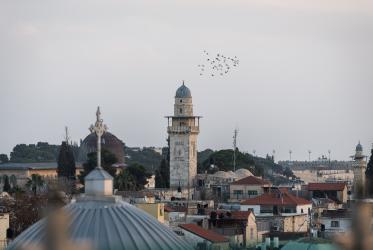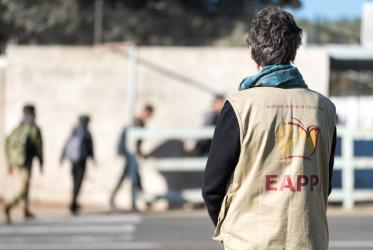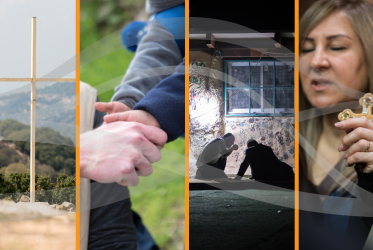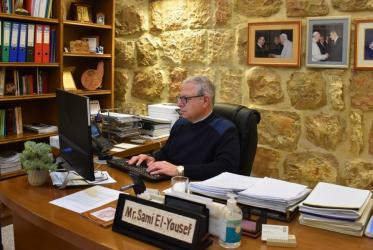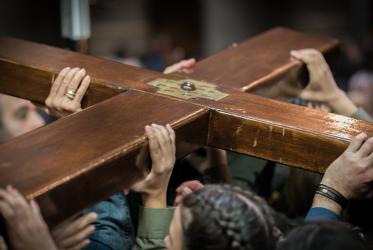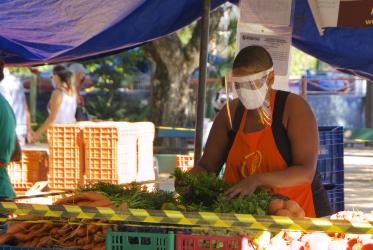Displaying 1 - 20 of 74
16 May 2023
Rethinking Ecological Relationships in the Anthropocene era
11 - 13 February 2021
As olive harvest draws to a close, who is helping the farmers?
08 December 2020
Fr Jamal Khader: “We need to keep hope alive” in Palestine
25 November 2020
Brazilian churches call for transformative racial justice
23 November 2020
WCC executive committee maps future with hope in uncertain times
19 November 2020
South Sudan Church leaders welcome new cabinet
15 March 2020
WCC reiterates standpoints against antisemitism
20 January 2020
